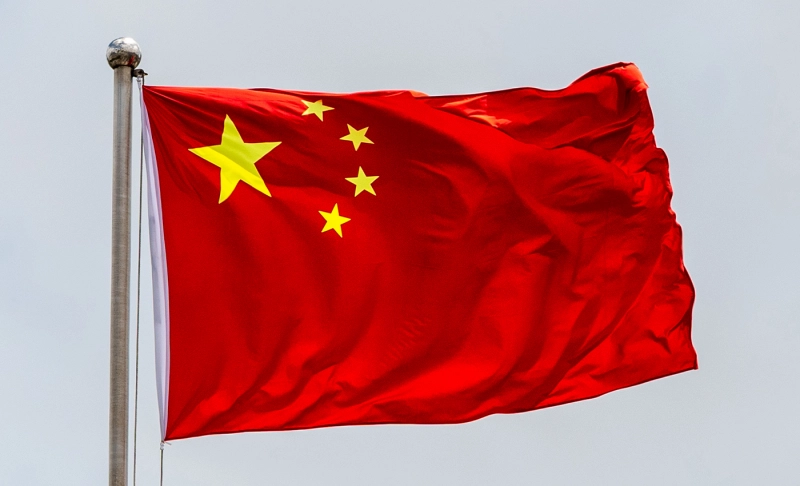August 27 2020
Partly_True: Joe Biden is soft on China

The Verdict Partly_True
Foreign policy experts have criticized Joe Biden's stance on China for being incoherent.
Foreign policy experts have criticized Joe Biden's stance on China for being incoherent.Democratic presidential nominee Joe Biden has been targeted by President Donald Trump on multiple occasions for his stance on China. The suggestion that Democrats are soft on China has been a recurrent policy theme in Trump’s campaign, and on one instance he even went to the extent of claiming that if his Democratic rival Joe Biden wins this November's presidential election, China will ‘own’ the United States and Americans will have to learn to speak Chinese. China has been a central feature of the U.S. presidential race and Biden has frequently denounced Trump’s handling of ties with Beijing and his unilateral approach to China. On August 6, 2020, Biden announced that he would remove Donald Trump’s tariffs on imports from China while laying out a multilateral approach to dealing with China’s trade practices. Besides that, Biden has voiced criticisms for China’s assertive territorial behavior in the South China Sea and towards Taiwan, and condemned its repression of Hong Kong and the treatment of Uighur Muslim minority in Xinjiang. Klaus W. Larres, a foreign policy expert writes in The Conversation, ‘Biden’s campaign has more than 2,000 foreign policy advisers divided into some 20 working groups, each focusing on major international issues. While presidents don’t always listen to their advisers, this team is a signal that Biden believes in a multilateral, deliberate foreign policy. His team includes globalists and isolationists, liberal interventionists, and doves.’ An essay penned by Biden in Foreign Affairs that was published in April 2020 highlights Biden’s plans for China. He calls China a ‘special challenge’ and also cites a need ‘to get tough with China.’ He elaborates on how strengthening the middle class in America and heavy investments in infrastructure development can help keep China 'in check'. He states that as president he would sign no new trade agreements without having labor and environmental leaders at the table in a meaningful way, and without including strong enforcement provisions. Biden stresses the importance of building a united front of U.S. allies and partners showing his preference for a multilateral approach in dealing with China. He also argues that it is important to seek Beijing’s co-operation ‘on issues where our interests converge, such as climate change, non-proliferation, and global health security.’ However, experts have criticized Biden for the lack of a steadfast policy regarding China. A report published by The Wall Street Journal highlighted that Biden’s China policies lacked clarity when it comes to the Trans-Pacific Partnership, China’s militarization of the South China Sea, whether the U.S. should insist that China be part of any strategic arms deals negotiated with Russia and if Biden had any plans to ‘assure Taiwan it won’t be the next Hong Kong’. Barring a commitment to ‘resist the Chinese military’s intimidation in the South China Sea’ the 2020 Democratic Party Platform does not include any pointers on these. Biden’s focus on demonstrating that he would be tougher on Beijing than Trump has also lent an undertone of incoherence to his China policy. A report penned by Joseph Bosco, a foreign policy expert which was published by The Hill in August 2020 stated, ‘that Biden’s position remains a matter of conjecture after a 50-year government career, including as a member of the Senate Foreign Relations Committee and as vice president, is concerning. He has made a number of inconsistent, and sometimes incoherent, statements about China.’ The author also alluded to Biden mentioning China only once in his speech accepting the Democratic Party’s nomination. During Trump’s tenure, relations between China and U.S. plunged to an all-time low due to an escalated trade war, China’s aggression in the South China Sea, sanctions on Chinese companies, Trump’s support for Taiwan, the ban on Chinese technology giant Huawei and the coronavirus pandemic which first broke out in China. Even though Biden's stance on China does not align with the stance taken by Trump, it is misleading to suggest that he is soft on China. However, the claim that Biden's policy towards China is insufficiently clear, and at times incoherent, aligns with common criticisms made by foreign policy experts, and as such we judge that this claim is Partly True.


